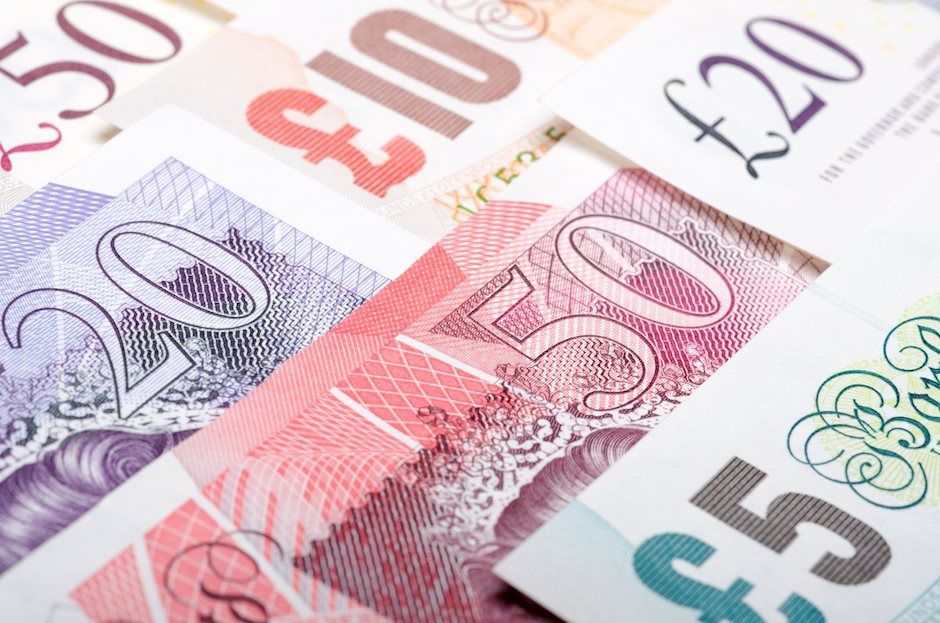UK Q1 GDP Preview: Even with GDP rising above potential, the growth rate is the lowest in G7
- The UK first-quarter GDP is set to rise 0.4% Q/Q while increasing 1.4% over the year but might surprise on the downside as retail sales made a negative contribution.
- Whatever the result, the Bank of England still sees Brexit as the main risk for growth and will likely to factor the labor market rather than growth when deciding on interest rates on May 10.

The UK first quarter economy is expected to rise 0.4% over the quarter while it is expected to rise 1.4% over the year, the Office for National Statistics (ONS) is expected to say on Friday, April 29.
The current economic growth rate is the lowest among the G7 industrial countries and with the hard data on retail sales disappointing big time during the first three months, the actual market expectations might still be tilted on the upside with the actual growth rate in Q1 being even lower.
The dataset taken into consideration by the statisticians in their first, preliminary estimate of the first quarter GDP is incomplete and it is followed by two revisions going further. Therefore the ONS will publish only the headline quarterly and annual growth rate figures of total GDP only without disclosing the details its components. Nevertheless, the monthly data on retail sales and the development of the real wages in the UK are both reasons for cautious optimism for the UK GDP.
Should the UK retail sales reflect the UK household buying power and willingness to spend, then the outlook for the UK GDP should be rather negative. The UK retail sales fell -1.2% over the month in March while core retail sales excluding motor fuel sales fell -0.5% m/m. While total retail sales rose 0.8% over the month in February this year, in January they rose only 0.1% m/m. Looking at the retail sales from the broader quarterly view, the UK retail sales during the first quarter fell -0.5% Q/Q knocking some 0.03 percentage point off Q1 UK GDP growth.
Related stories
- The end of the darkness for real wages in the UK
- Decelerating UK inflation is not changing the view of the Bank rate rise in May
It was not until March labor market report that the nominal wage growth in the UK exceeded the inflation rate, making the real, inflation-adjusted wage growth returning back to positive territory for the first time since January 2017. Although the wage growth as the key element of March labor market report missed the market expectations, the nominal wages both including and excluding bonuses rose 2.8% for the three months to February.
With the sharp depreciation of Sterling in post Brexit period and its negative effect on rising inflation in the UK now dissipating, while setting its monetary policy the Bank of England is likely to focus on long-term prospects for inflation stemming from the tight labor market and the combination of inflation and labor market data rather than look at the growth data.
The key to unlocking the monetary policy prospects puzzle is the weight that the individual Monetary Policy Committee members attribute to the threat of the labor market tightness and rising wages bigger inflation scare monger long-term. So far only Ian McCafferty and Michael Saunders are clear monetary policy hawks with remaining seven MPC members traditionally being rather doves and that is unlikely to change until next MPC meeting on May 10.
Author

Mario Blascak, PhD
Independent Analyst
Dr. Mário Blaščák worked in professional finance and banking for 15 years before moving to journalism. While working for Austrian and German banks, he specialized in covering markets and macroeconomics.

















